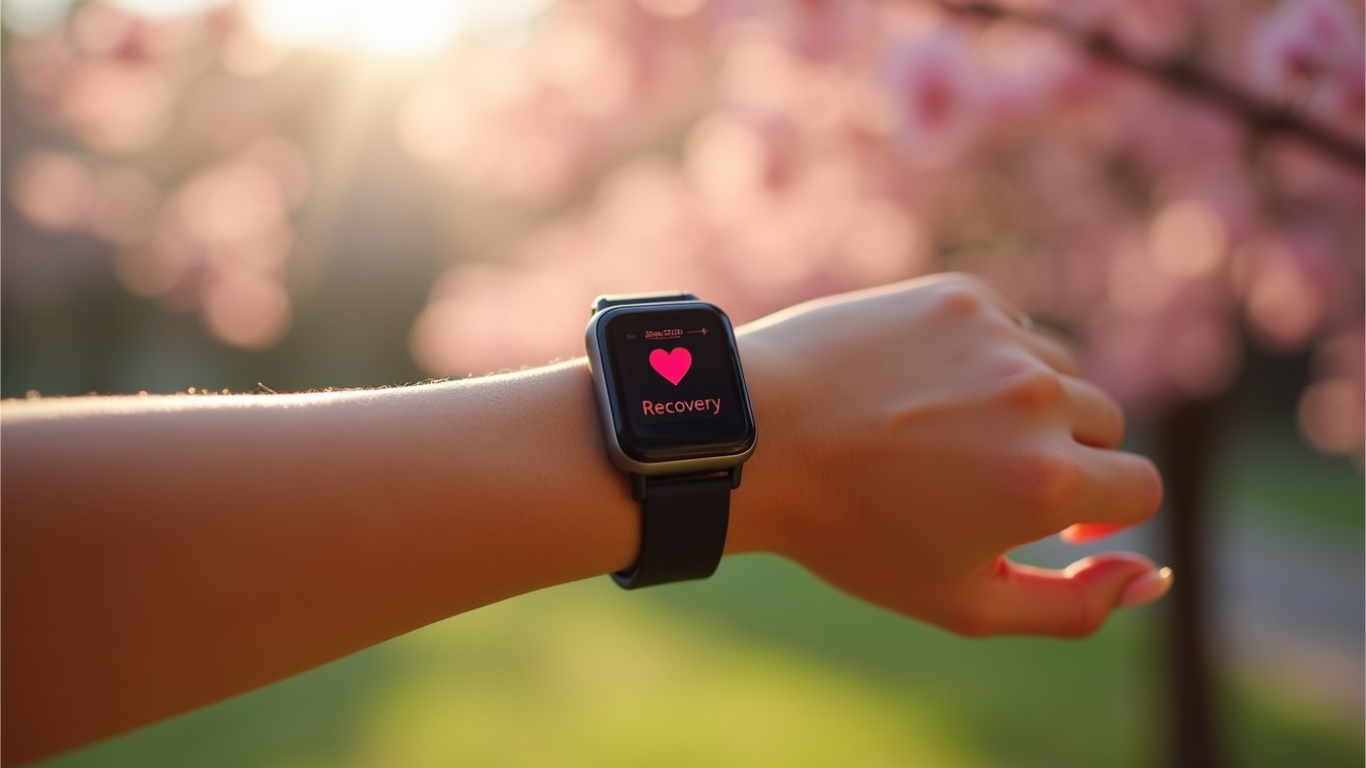10 Natural Ways To Strengthen Your Immune System
When the COVID-19 pandemic first arrived, it became crystal clear just how precious our immune systems truly are. Like many of you, we found ourselves searching for ways to naturally support our body's defenses—not out of panic, but from a place of empowerment and self-care.
If you're someone who values taking control of your health naturally, who believes in the power of prevention over treatment, and who wants practical, science-backed strategies that actually work, you're in the right place. We understand that navigating health information can feel overwhelming, especially when you're trying to make the best choices for yourself and your family.
Here's what we've learned about the most effective, natural ways to strengthen your immune system—approaches that honor both traditional wisdom and modern science.
What does it really mean to support your immunity?
When we talk about "strengthening" our immune system, we're really talking about creating the optimal conditions for your body to protect itself naturally. There's no magic test that shows us exactly how strong our immune system is—the best indicator is simply how resilient we feel and how well our bodies handle the challenges that come our way.
We want to be clear: when it comes to COVID-19 specifically, the most effective protective measures remain washing your hands frequently, practicing social distancing, and wearing masks when appropriate. These simple actions protect both you and your community.
Here's what we know for certain: while we can't control everything about our health, we absolutely have the power to make choices that support our overall wellbeing. Some people are naturally more resilient than others, and some face unique health challenges that affect their immune function. What matters is working with what we have and making sustainable changes that feel good for our bodies.
Whether we're facing a pandemic, flu season, or just the everyday stresses of life, there are evidence-based ways we can support our natural defenses. While these approaches aren't magical shields against illness, they can help us feel more confident and resilient in our daily lives.
1. Embrace antioxidant-rich foods
You've probably heard about antioxidants, but let's talk about what they actually do for us. Think of antioxidants as your body's cleanup crew—they protect your body from free radicals, those unstable compounds that can trigger inflammation and stress your immune system.
The beautiful thing is that nature has provided us with an abundance of these protective compounds. You'll find them in:
- Colorful vegetables like broccoli, spinach, sweet potatoes, and carrots
- Vibrant fruits, especially dark berries, cherries, and red grapes
- Nourishing legumes like red beans, black beans, and pintos
- Warming spices such as clove, cinnamon, turmeric, oregano, and thyme
- Wholesome seeds and nuts
While supplements have their place, we've found that getting antioxidants from whole, unprocessed foods is both more affordable and more effective. Plus, when you choose whole foods, you're giving your body a complete package of essential nutrients that work together beautifully.
2. Choose nourishing, healthy fats
Not all fats are created equal, and the right kinds can actually be powerful allies for your immune system. Healthy fats, like those found in olive oil , help protect against chronic inflammation that can weaken your body's natural defenses. Omega-3 fatty acids are particularly wonderful for reducing inflammation throughout your body.
You can find these healing fats in olive oil, fatty fish like salmon and sardines, creamy avocados, and tiny powerhouses like chia seeds. If you're not getting enough from food alone, a high-quality supplement can help fill the gap.
3. Be mindful about sugar
We're not here to make you feel guilty about enjoying life's sweet moments—we're all human, after all. But understanding how excess sugar affects our bodies can help us make choices that serve us better. Too much sugar can contribute to diabetes and heart disease , both of which can compromise our immune function. It can also impact our mood and energy levels.
Small changes can make a big difference. Try reducing the sugar in your morning coffee or tea gradually. Swap sugary drinks for sparkling water with a splash of fresh lemon. Keep nourishing snacks you actually enjoy within reach for when cravings hit. Remember, this is about progress, not perfection.
4. Stay beautifully hydrated
Water is one of the simplest yet most powerful tools we have for supporting our health. Staying well-hydrated helps every system in your body function optimally, including your immune system.
When we're dehydrated, it affects our kidneys, heart, and digestive system—all of which play important roles in maintaining our natural defenses. Dehydration can also leave us feeling sluggish, unfocused, and generally less than our best.
Make hydration easier by keeping a water bottle where you'll see it throughout the day—on your desk, in your car, or in your bag. If plain water feels boring, try sparkling water or add fresh lemon, cucumber, or mint for a refreshing twist.
5. Prioritize restorative sleep
Sleep isn't a luxury—it's when your body does some of its most important healing work. Research consistently shows that quality sleep is crucial for immune function. One fascinating study followed 164 healthy adults and found that those who slept fewer than 6 hours nightly were significantly more likely to catch colds than those who slept longer.
If you struggle with sleep, start by creating an environment that supports rest. Check that your bedroom is cool, dark, and quiet. Invest in comfortable bedding if possible. Sometimes we become so accustomed to our sleeping environment that we don't notice small irritations that could be disrupting our rest.
If sleep remains elusive, consider speaking with your healthcare provider about natural options like melatonin supplements that might help.
6. Move your body joyfully
Regular, moderate exercise has been consistently linked to better immune function, but this doesn't mean you need to become a fitness fanatic. We're talking about activities like brisk walking, swimming, or gentle hiking—movement that feels good and energizing rather than exhausting.
The general recommendation is 150 minutes of moderate activity per week, but remember, this is about finding what works for your body and your life.
The key is finding activities you actually enjoy. Maybe it's dancing to your favorite music, walking on the beach, practicing yoga, or playing with friends or family. Make movement as enjoyable as possible—this isn't punishment, it's self-care.
If motivation is challenging, try using a step tracker or apps that make fitness feel more like a game. Even just a few minutes of movement daily can make a meaningful difference.
7. Nurture your emotional wellbeing
We all know that stress affects how we feel, but it also has a profound impact on our immune system. When we're chronically stressed, our bodies simply can't function at their best.
During particularly stressful times, it's okay to scale back on commitments. You don't need to say yes to every request or take on extra responsibilities when you're already stretched thin. This isn't selfishness—it's wisdom.
Instead, prioritize activities that help you feel centered and calm. Meditation might sound cliché, but there's solid science behind its benefits. Journaling, gentle stretching, spending time in nature, or connecting with people you care about can all help manage stress naturally.
Creative hobbies are wonderful for processing emotions while bringing joy into our lives. If you need additional support, speaking with a therapist can be incredibly valuable. Online therapy options like BetterHelp and Talkspace can make professional support more accessible and affordable.
The goal is finding stress-management strategies that feel natural and sustainable for you. We all handle stress differently, so give yourself permission to experiment until you find what works.
8. Consider targeted supplementation wisely
It's important to note that the National Institutes of Health (NIH) has found no evidence supporting supplements as prevention or treatment for COVID-19 specifically.
That said, certain nutrients are essential for optimal immune function, and if you're deficient in these areas, thoughtful supplementation might help support your overall health. Some supplements that research has connected to immune support include:
- Vitamin C
- Vitamin D
- Zinc
- Elderberry
- Echinacea
- Probiotics
We strongly encourage you to work with a healthcare provider before starting any supplement regimen. They might recommend blood work to check for specific deficiencies, ensuring you're addressing your actual needs rather than guessing.
9. Soak up some sunshine
Sunlight is truly one of nature's most underappreciated health tools. When your skin is exposed to sunlight, your body produces vitamin D naturally—and as we mentioned, this vitamin plays an important role in immune function.
Sunlight also helps regulate our circadian rhythms—your body's internal clock that signals when to feel alert and when to wind down for sleep. If you've been struggling with sleep patterns, try getting some morning sunlight each day.
Of course, we want to be smart about sun exposure. A few minutes of morning or late afternoon sun can be beneficial, but always use quality sunscreen if you'll be outside for extended periods.
10. Build a relationship with healthcare providers
Regular check-ins with healthcare providers aren't just about addressing problems—they're about maintaining your health proactively. Many conditions that can affect immune function, including diabetes and autoimmune conditions, are much more manageable when caught early.
This proactive approach aligns perfectly with taking control of your health rather than simply reacting to problems as they arise. Don't forget about dental health either—regular dental check-ups are an important part of your overall wellness picture.
Your journey toward stronger immunity starts today
Whether we're navigating a pandemic, flu season, or just wanting to feel our best day-to-day, these natural approaches can help support our body's incredible ability to protect and heal itself. While no strategy is foolproof, these evidence-based practices can help you feel more confident and resilient.
If these changes feel overwhelming, remember that small steps lead to big transformations. You don't need to overhaul your entire life overnight. Choose one area that resonates with you—maybe it's getting to bed an hour earlier, taking a short daily walk, or adding more colorful vegetables to your meals. Build these positive habits gradually, celebrating each small victory along the way.
Your health is absolutely worth investing in, and you have more power than you might realize to influence how good you feel each day. We're here to support you on this journey toward better health and greater peace of mind.
RESOURCES
- Aranow, C. (2011, August). Vitamin D and the immune system. ncbi.nlm.nih.gov/pmc/articles/PMC3166406/
- Drake VJ. (2016). Immunity in depth. lpi.oregonstate.edu/mic/health-disease/immunity
- Getting your vitamins and minerals through diet. 2020. https://www.health.harvard.edu/womens-health/getting-your-vitamins-and-minerals-through-diet
- Grant WB, et al. (2020). Evidence that vitamin D supplementation could reduce risk of influenza and COVID-19 infections and deaths. DOI: 10.3390/nu12040988
- Healthy diet fights infection by boosting immune system. (2013). nutritionletter.tufts.edu/healthy-eating/healthy-diet-fights-infection-by-boosting-immune-system
- Mayo Clinic Staff. (2013). Chronic stress puts your health at risk mayoclinic.org/healthy-lifestyle/stress-management/in-depth/stress/art-20046037
- Overview of the immune system. (2013). niaid.nih.gov/research/immune-system-overview
- White blood cells. (n.d.) fi.edu/heart/white-blood-cells
Disclaimer: This information is being provided to you for educational and informational purposes only. It is being provided to educate you about how to take care of your body and as a self-help tool for your own use so that you can reach your own health goals. It is not intended to treat or cure any specific illness and is not to replace the guidance provided by your own medical practitioner. This information is to be used at your own risk based on your own judgment. If you suspect you have a medical problem, we urge you to take appropriate action by seeking medical attention.










